How to Help a Dog Gain Weight: 10 Simple Ways
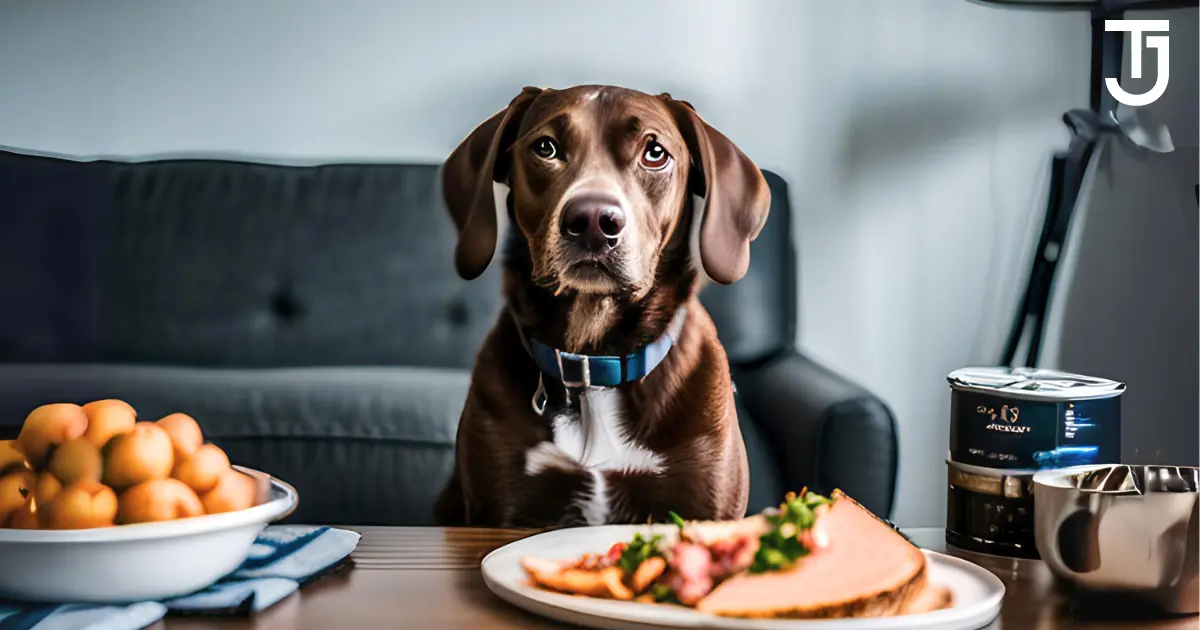
Dogs come in many types and sizes, just like humans. It’s common for some breeds or individuals to be smaller. But if you’ve noticed that your pet’s ribs and back stand out more, that could mean they’re not getting enough food. Being overweight and underweight is very bad for your dog’s health and well-being. In this guide, we’ll discuss a few steps you need to take to help your dog gain weight in a healthy way that will last.
Significance of Dogs’ Healthy Weight
Keeping your dog at a good weight is essential for their health, just like humans. A dog that isn’t getting enough food might have a weaker immune system, which makes them more likely to get infections and other sicknesses. Also, not having enough energy because they are underweight can make living a busy life harder, which can lower their quality of life. It’s important to remember that underlying medical issues can make things even more complicated, which is why it’s so essential to deal with any weight-related problems right away. We can help our furry friends live healthier and happier lives by keeping an eye on their weight and making sure they eat well and get enough exercise.
Understanding Your Dog’s Needs

1. Accurate Vet Assessment
Before you can fully understand what your dog needs to lead a healthy life, you need to have a trained doctor carefully check it out. When you take your dog in for this important assessment, you can see what’s wrong with his health right now and grasp any problems early, when they’re easier to correct.
Your dog will get a health plan that is tailored to its needs, which may change as it grows if you take it to the vet for regular check-ups. In order to make sure your dog has a happy and healthy life, you will care about their health more. This will make your connection with your dog better.
2. Determine Your Dog’s Ideal Weight Goal
You need to know how much your dog weighs and get it to a healthy weight so that being overweight won’t damage its health. Get an exact reading on this ideal weight from your vet. The veterinarian will know just what to feed your dog and how to train it. Checking your dog’s weight and health on a daily basis will assist you in seeing how they’re doing and making good decisions about their health. There will be many years of good health, happiness, and activity for your pet if you do this.
How to Know if Your Dog is Too Skinny
How healthy your dog is depends on your definition. You may quickly check their weight to see if their ribs aren’t strained. Correctly arranging the padding around the body allows the most light to get through without obscuring vision. The hip and backbones of your dog should be close together. The person may be too skinny. Check your dog’s muscles. Feeling every muscle can indicate fitness. Your health is fine if your muscles are evident. Muscle loss or weakness may suggest more significant concerns. Review your dog’s weight, hips, back, and muscle and joint sensitivity often. Thus, it will lose weight and stay healthy.
Read Next: 5 Best Dog Food for Weight Loss
Possible Causes of Dog Underweight

There are several reasons why your dog might not be getting enough food. Some of these are:
Reason #1: Illness or Disease
Health problems like diabetes, heartworms, parvovirus, and digestive issues like inflammatory bowel disease or malabsorption problems can make people lose weight. Diabetes is a long-term disease that changes the amount of sugar in the blood. Because mosquitoes carry a parasite that causes heartworm disease, they can infect you.
Reason #2: Poor Nutrition
Our Furry friends we care about can be picky eaters and may not want to eat certain types of dog food. They might not eat enough of the things that make them happy and healthy.
Reason #3: Bugs and parasites
Worms that feed on food, like intestinal and parasitic worms, can live in people’s and animals’ digestive systems. Because they feed on the food of their hosts, these worms can make you lose weight and eat poorly, among other health problems. It is essential to get the correct diagnosis and treatment for intestinal worm diseases so that they don’t cause problems.
Reason #4: Stress
It can be stressful for your dog if you move to a new house, bring a new family member home, or even just change the furniture. They may lose their appetite. Some dogs act this way all the time, and it might take them a while to start eating properly again.
10 Ways to Help a Dog Gain Weight

When an older pet drops weight quickly or over a long period, it scares the people who own them. It’s essential to find out this right away because an older dog losing weight could mean several health problems. Ten tried-and-true methods will help your old dog put on weight so he stays healthy and happy.
1. Provide a High-Fat, High-Calorie Diet
There are healthy ways to help your dog gain weight. Give it foods that are high in calories and healthy fats. To help your dog gain weight, pick high-quality dog food. To make sure the dog’s food conquers its nutritional needs, it is very important to talk to a vet. There should also be a plan for steady weight gain because it lowers the risk of health problems. Your furry friend’s general and long-term health will be much better if you pay close attention to every detail and make sure the food is healthy.
2. Offer Frequent Small Meals
Instead of giving your dog two big meals a day, feed them several smaller meals, spaced out throughout the day. Like dogs do in the wild, this method can be used to help dogs digest food and use their energy more effectively. Smaller meals more often can help your pet’s digestion stay steady. Not eating too much will also be prevented.
This is the best time to feed your dog every day. They will be healthier and happy in general. Getting all the nutrients they need and absorbing them well is made easier by this. Food that is carefully planned and based on your dog’s needs will keep them healthy and happy in the long run.
3. Choose Easily Digestible Foods
Make sure that the dog food you pick is easy for them to digest so that they can get all the nutrients they need for their health. Choosing these kinds of things for your furry friend will not only help their digestion, but it will also make them healthier overall. Dogs can get all the nutrients they need for a happy and healthy life from these easy-to-digest foods.
They have shiny hair, a strong immune system, and lots of energy. You may control your dog’s weight management, keep their teeth healthy, and feel better by making sure they consume foods that are easy for them to swallow. When this happens, your furry friend is unlikely to have digestive problems, allergies, and nutrient deficiencies. This implies that they can stay healthy and live a long, busy life with you.
4. Make Mealtime Fun
Provide enjoyable activities for your pet to do while they eat. Giving them puzzle feeders or hiding treats will keep them busy while they eat. You can get your pet more interested in food and have more fun with meals. After doing this you will feel closer to them.
You can keep your pet smart and busy by putting food bowls all over the house. These spots would liven up their lunchtime. Enjoy your food while playing with the new games or toys that come with treats. Good food, smart behavior, and a stronger bond with you will happen if you make dinner fun and interesting for your pet.
5. Prefer Wet Food to Dry
Your dog might want to eat wet food because it stays moist. Wet food smells better and is easier for the dog to chew for long. If your dog wants to gain weight in a healthy way, this food could be better than dry kibbles.
It implies to have more energy most of the time. Some sick dogs, like those with kidney disease or problems with their urine systems, may be able to drink more water if they eat wet food. For dogs that are older or have issues with their teeth, soft, wet food might be smoother to eat and swallow. Along with that, this could help them eat better and enjoy their food more.
6. Address Underweight with Eating Solutions
Seeking help from a vet early if you identify that your dog is seriously underweight. In order to find out what’s really going on, the doctor can do a full check and give specific food and eating directions. Your dog will get back to a healthy weight and be better overall if you make an eating plan just for them. Remember that your pet’s health and happiness are over all else. Getting consultation and doing what they say is the most effective way to make sure your dog persists, healthy, and happy for years to come.
7. Use Vet-Recommended Supplements
Food mixes that are high in calories or vitamin and mineral mixes are great for putting on weight. The vitamins and minerals in these foods will keep your pet healthy. Trusted doctors are the best people to help you find the safest medicines for your pet’s needs and health. Anytime your vet tells you to give your pet vitamins, do it. This will keep them healthy and energized. A good doctor relationship is key to keeping your pet healthy and happy.
8. Manage Stress and Anxiety
Both people and dogs can lose weight when they are scared or stressed. Aged dogs can get anxious when they are in pain, when their routine changes, or when their surroundings change. Giving your dog a steady, calm place to rest will help him eat better and feel less stressed.
9. Exercise Moderately
Maintaining your dog’s starving and aiding it in gaining weight in a healthy way requires regular, light exercise. It is possible to melt calories and build strength at the same time by playing games like fetch, walking, and light outdoor activities. Finding the right balance between exercise and calorie consumption is very important.
If you do too little, your dog won’t get hungry, and if you do too much, you won’t keep gaining weight. Help your veterinarian come up with a training regimen for your dog that meets equally their health and weight needs. The weight gain will be pleasant and controlled.
10. Stay Committed and Consistent
Assure that your dog gains weight in a healthy manner; this will require time and work on your part. Detailed documentation of their food consumption, degree of physical activity, and use of vitamins or substances should be kept. If you put your veterinarian’s direct into practice, you can be sure your dog receives all the food and nutrients it needs to grow.
Every day, you should check the general health and weight of your dog. Their motion and food regimen may need to be changed. Consult your veterinarian about this matter. Regular relaxation will help your dog, particularly if he is nervous or unhappy. One can feel more at ease by sticking to routines and knowing what to expect. It will make your dog feel more appreciated and cared for if you assist on their daily health regimen.
How to Quickly Gain Weight for Your Dog
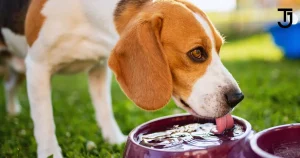
Although you ultimately want your pet to gain weight in a healthful way, there are several things you may do, with a veterinarian’s advice, to speed up the process. By working with your veterinarian to establish personalized programs, you can ensure your pet’s health and weight management.
1. Feed High-Quality, Calorie-Dense Food
Make sure the dog food you feed them is high-quality, high-calorie brands. Experts in dogs manufacture premium dog foods that cater to every specific dietary requirement of your furry friend. This isn’t your average dog food. These foods aid in healthy weight gain because they have the right mix of calories and nutrients.
These well-prepared meals often contain a balanced intake of carbohydrates, proteins, and healthy fats. Furthermore, the intent of these nutrients is to help your dog stay healthy and lose weight. Proteins aid in muscular growth, whereas carbohydrates provide tissues with the daily energy they require. Lignans provide energy and maintain cellular function. Providing your dog with food of such superior quality will help it maintain a healthy weight.
2. Add Tasty Toppings
Increase your dog’s attraction to their food by adding tasty and healthy toppings. Perhaps you can make it taste much better by adding just a spoonful of good wet dog food. They might receive more fiber and vitamins from their food if pumpkin was added to it. Yogurt that isn’t sweetened is also delicious. Proprietary bacteria in it can help your gut system.
At last, a drop of salmon oil makes the food taste even better and gives your dog key omega-3 fatty acids that are good for their skin and hair. Add any of these small changes to your dog’s food, and it will taste and be healthier for him.
3. Closely Monitor Food Intake
Making sure you observed how much and how often your dog eats is very important for their health. To help your dog gain weight in a healthy way, it’s important to maintain to a normal eating schedule and not skip meals. Maybe giving your dog three or four smaller, easier-to-handle meals instead of two big ones every day will help.
This change can help their gain weight slowly and in a healthy way if you keep the amount of food they eat unchanged throughout the day. There is also a lot of information about how the food you give your dog can affect their health. Making your feeding plan work even better by choosing high-quality dog food that is full of nutrients is highly recommended.
Your dog’s health will benefit greatly if you pay attention to these important parts of their food. It will also help them gain weight in a better way.
4. Use Supplements and Multivitamins
Your dog might stay healthy and at a good weight if they eat food that is high in vitamins and fatty acids. You can give your dog vitamins they might not be getting enough of and keep them healthy. A vet should be consulted before you add anything to your dog’s meals. How big your dog is, how much it moves, and any other health needs it has will help you choose the best medicines for it. Picking the right vitamins is easy with the help of your doctor. Because these vitamins are good for dogs, you should feed them healthy food.
When you plan and watch what your dog eats, they will lose weight and be healthier in other ways too. As long as your dog is usually healthy, he will get better faster. This could make your dog feel better and also improve the health of their skin and hair, which would make them look better and shiner. So that your dog gets all the nutrients it needs to stay healthy and active, find out which multivitamins and food supplements work best for it.
5. Include Treats
While your dog strives to gain weight, give them good treats to keep them healthy. Choose treats that are high in both calories and nutrients instead of just calories. This is a healthy and safe way for your dog to gain weight. More than anything else, look for treats that are high in minerals, vitamins, and other healthy ingredients. For them, these treats are both tasty and good for them. They keep them fit and ready to go. Your dog will be better and live longer if you feed it these good things.
Gradual and Healthy Weight Gain
It will take a long time for your dog to gain weight. If you follow the plan to the letter, you will hit a healthy weight. Because dogs can act in many different ways, treats may have different effects on each dog.
Final Thoughts
If you care for your dog, he will live longer and be healthier. Pay extra attention to him when he’s sick, trying to get better, or gaining weight. Pay extra attention to your dog when he is trying to lose weight, put on weight, or get better after being sick. I think giving him more love and care will make you feel better. It helps your dog lose weight.
Frequently Asked Questions
1. Is it Common for a Dog to be Underweight?
Yes, like humans, dogs can be thin. Fast and slender Greyhounds. Underweight persons may not feel unwell. You should track your dog’s BCS. Increase weight if BCS is 5 or lower. If your dog seems thin, take it to the vet.
2. What Should I Feed My Dog to Gain Weight?
To help your dog gain weight, feed them a nutritious, high-calorie meal. Choose 18-22% fat dog food since fat contains more calories than carbs and protein. Fish oil and flaxseed are healthful fats. Give your dog time to eat throughout the day. Need exercise and a high-protein diet.
3. How Long Does it Take for a Dog to Gain Weight?
Depending on health, starting weight, nutrition, and exercise, dogs gain weight at different rates. Aim for 1%–2% weekly weight gain. With the right food, a dog can recover from illness in two to four weeks yet take months to attain optimal weight. Be vigilant, like your doctor.
4. How Can I Add Fat to My Dog’s Diet?
To encourage fat consumption without risk, give your dog salmon, flaxseed, or coconut oil. High-fat, high-energy meal makes dogs overweight. Add fried fish or unseasoned chicken legs in small portions. To avoid stomach troubles in your pet, gently introduce new foods and consult your physician.
5. How Can I Get My Dog to Eat More?
You may train a picky, sick, or stressed dog to eat. Good food may grab them. With soup or water, dry dog chow tastes great. Reduce their hunger with little meals. Overchoice can make kids hungry. For rest and eating, feed them softly. If your pet’s appetite persists, call the vet.
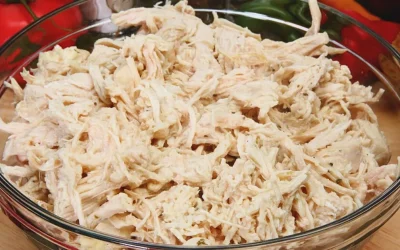


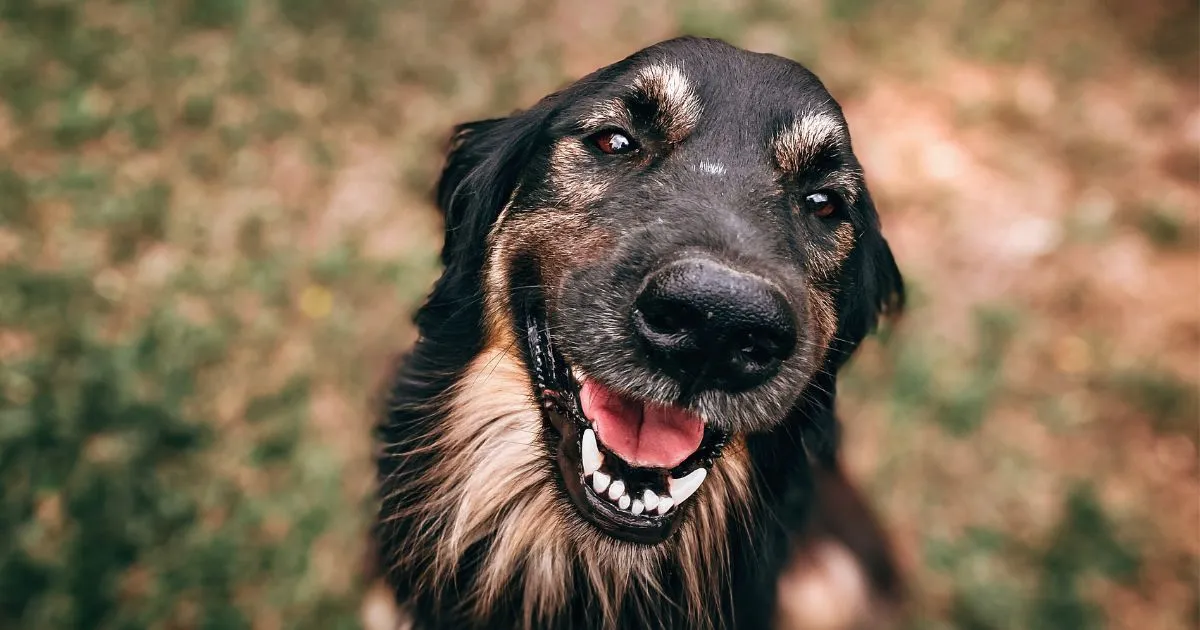
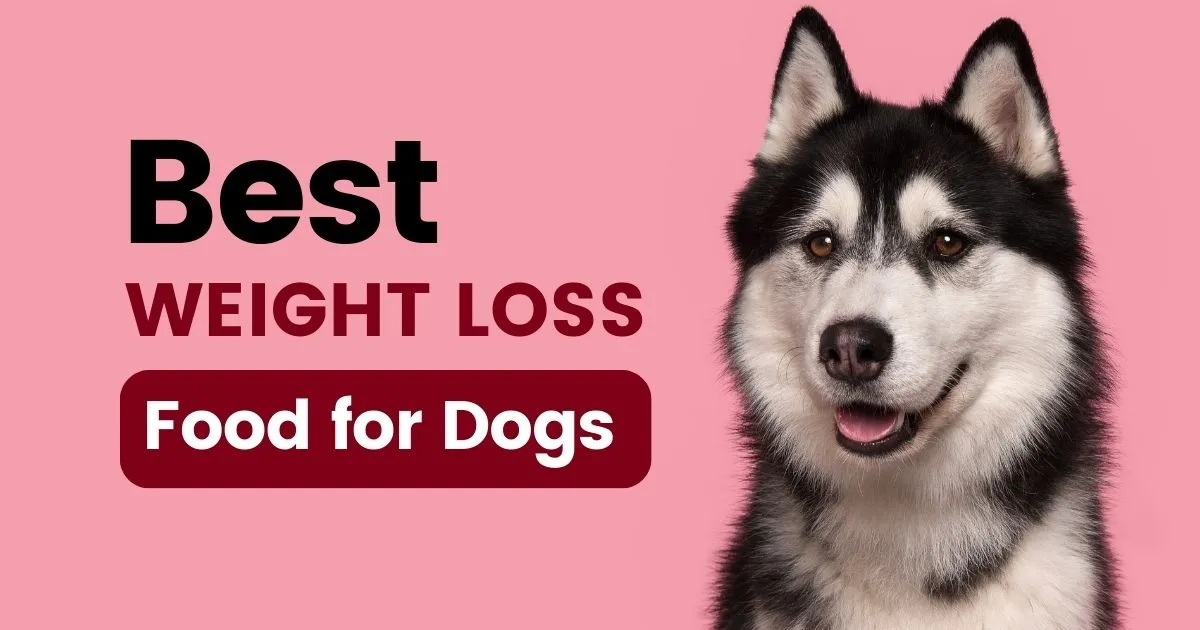
One other issue is that if you are in a problem where you do not possess a co-signer then you may want to try to exhaust all of your school funding options. You could find many awards and other grants that will present you with money to support with classes expenses. Many thanks for the post.
Howdy! This blog post could not be written any better!
Reading through this post reminds me of my previous roommate!
He constantly kept talking about this. I most certainly
will send this post to him. Pretty sure he’s going to have a very good read.
Thanks for sharing!